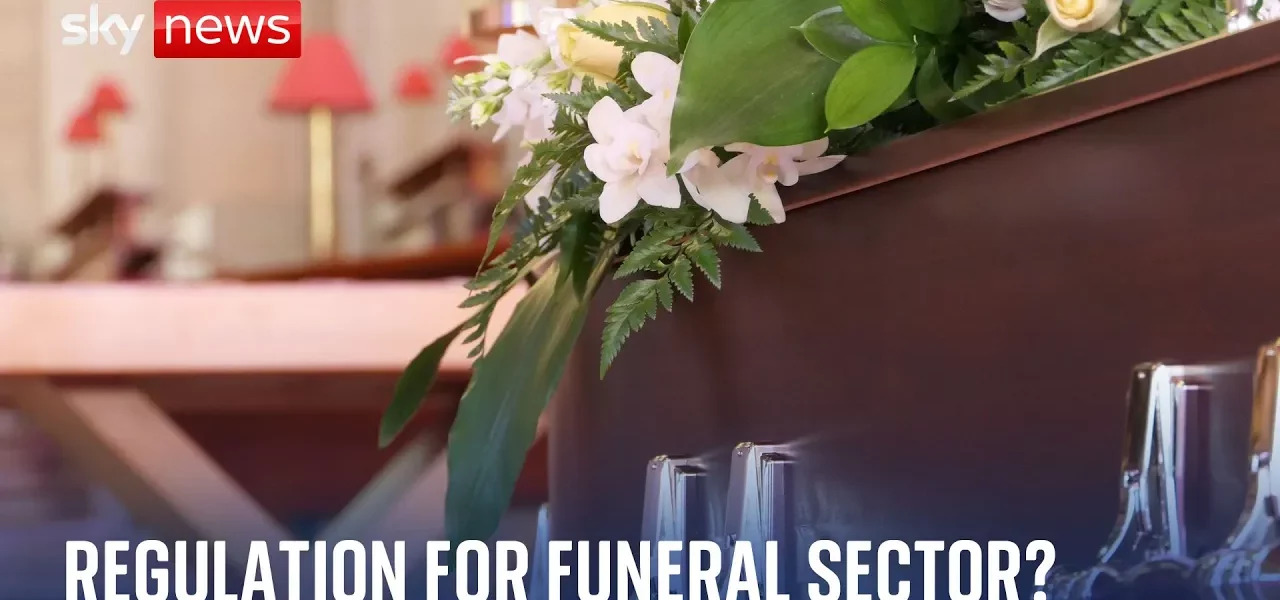Urgent Call for Regulation of Funeral Directors in England

The shocking revelations surrounding David Fuller have sparked a critical discussion regarding the regulation of funeral directors in England. This article explores the implications of these events and the necessary steps for safeguarding the dignity of the deceased and the bereaved families.
Introduction
The recent case of David Fuller, a necrophiliac who exploited his position in a hospital setting, has raised serious concerns about the lack of regulation in the funeral service industry in England. While other sectors such as care homes and restaurants are subjected to strict oversight, the funeral industry remains largely unregulated. This article delves into the call for urgent reforms, highlighting the importance of establishing a regulatory framework that ensures ethical practices and respect for the deceased.
The Current State of the Funeral Industry
Currently, around 70% of funerals in the UK are conducted by members of the National Association of Funeral Directors (NAFD), which maintains certain standards. However, a significant 30% of funeral directors operate without any oversight or regulation, leading to a concerning disparity in the quality of services offered.
Lack of Regulation
Despite the grave responsibilities that funeral directors hold, the absence of a standardized regulatory body means that anyone can operate as a funeral director without any formal requirements. This has resulted in a lack of trust and confidence among the public.
- Funeral directors are not required to meet uniform standards.
- Many families believe that all funeral directors are regulated, which is not the case.
- Public awareness of this lack of regulation is alarmingly low.
Public Perception
A recent poll revealed that 69% of people assume that all funeral directors are operating under some form of regulation. This misconception highlights the urgent need for a comprehensive regulatory framework that protects both the deceased and their families.
The Case for Regulation
The inquiry into the David Fuller case has reignited discussions about the necessity of a regulatory body for funeral directors. Here are the key arguments for implementing such regulations:
Safeguarding Dignity and Respect
All deceased individuals deserve to be treated with dignity and respect. Establishing regulations would ensure that all funeral directors operate under a consistent level of care and concern, safeguarding the dignity of those who have passed away.
Education and Training Requirements
Introducing mandatory education and training for funeral directors would improve the quality of care provided. Such training would equip them with the skills necessary to handle the deceased and support grieving families effectively.
Independent Complaints System
An independent complaints system would provide bereaved families a platform to voice their concerns, ensuring accountability within the industry. This would also serve to maintain high standards of service.
Regular Inspections
A comprehensive inspections regime would help monitor the practices of funeral directors, ensuring compliance with established standards and protocols.
Challenges Ahead
Despite the clear benefits of regulating funeral directors, several challenges could arise during the implementation process:
Resistance from Industry Players
Some funeral homes may resist regulation, fearing increased operational costs or changes to their business models. However, the long-term benefits of regulation far outweigh these concerns.
Timeframe for Implementation
The timeline for establishing a regulatory framework is uncertain. Stakeholders must engage in discussions to develop a robust system that addresses the concerns raised.
Identifying Bad Practices
While the majority of funeral directors operate with integrity, there have been reports of misconduct within the industry. Addressing these ‘bad apples’ is crucial to restoring public trust.
Conclusion
The David Fuller case has highlighted the urgent need for regulation within the funeral industry. Implementing a robust regulatory framework would not only protect the dignity of the deceased but also provide grieving families with the assurance they deserve. It is essential for the government to take action to ensure that all funeral directors adhere to a standardized level of care. We encourage readers to advocate for these changes and support the movement towards a more regulated funeral industry.
For further information on the funeral industry and related topics, consider reading our articles on funeral services and bereavement support.
“`




